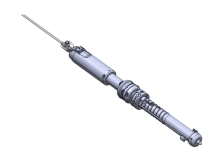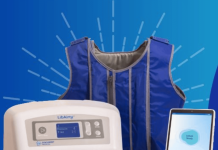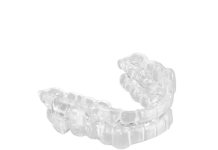UroMems announced the entire treatment cohort in the first-of-its-kind study in female patients successfully reached its primary endpoints. Grenoble, France-based UroMems — which has its U.S. headquarters in Minneapolis — develops an implantable system called UroActive. Powered by a MyoElectroMechanical system (MEMS), UroActive goes into the urethral duct in men and bladder neck in women. It’s controlled by a patient’s activity without the need for manual adjustments. This provides patients ease of use and better quality of life compared to other options.
Related: ScreenPoint’s AI breast cancer screening tool hits detection success in new study
The company previously had positive early feasibility data in a study of six men, then reported the first-ever female implant last year. In June 2024, the company raised $47 million to support clinical trials for its smart automated artificial urinary sphincter (AUS).
More about the UroMems study
Participants in the France-based study successfully reached the six-month primary endpoints. The company said it marks a new era for women suffering from stress urinary incontinence (SUI). According to UroMems, it signals a transition for surgeons treating SUI in France and across Europe and the U.S. as well.
UroMems’ latest assessment took place through a prospective multicenter clinical study. All six women have been implanted for at least seven months and the first patient is closing in on two years post-implant. Devices operated as expected over the respective implant time periods with no need for revision or explant.
The company also reported “phenomenal” follow-up on secondary outcome measures. Those include leak rate values and patient quality of life questionnaires.
“With women suffering from higher rates of SUI and currently no effective solutions available to them, we are ecstatic to be the first to demonstrate the feasibility of our breakthrough technology now in a total of 12 women and men,” said Hamid Lamraoui, UroMems CEO and co-founder. “All of the female patients participating in our study have returned to living life fully after years of struggling with SUI. We sincerely thank them for participating in our study along with their physicians and our team for bringing this one step closer to providing a new and effective option to the millions of people suffering from SUI in the U.S. and Europe.”




